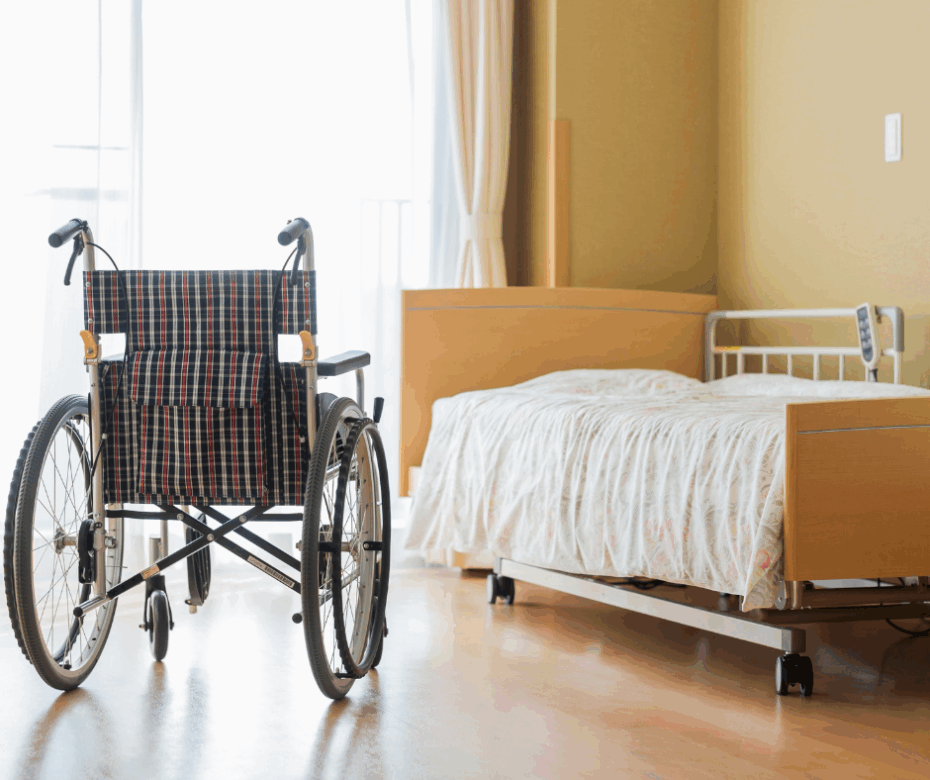Call Us At 519.672.5666
Insights & Articles
When Tragedy Strikes: Understanding Nursing Home Negligence & Long-Term Care Claims in Ontario

An article published recently by CTV regarding the death of a 93-year-old resident of a long-term care home in Iroquois falls has shed light on the concerns that residents are exposed to in these facilities. In May 2024, a 93-year-old resident suffered serious injury after a medication dispensing error by a registered staff member on May 17. He was hospitalized and sadly passed away a week later. On July 7, 2025, Ontario Provincial Police laid charges against a 62-year-old Michelle Biglow alleging criminal negligence causing bodily harm in relation to the event. The criminal case remains before the courts. When tragedy such as this strikes, it is important to understand how nursing home negligence and long-term care claims in Ontario work.
In these instances, there is a difference between civil and criminal claims. Criminal charges can be brought against staff members for things like negligence causing bodily harm and are brought by the Crown. Whereas civil personal injury or wrongful death claims are filed by families against facilities or staff for compensation. Even if criminal responsibility is not established, it does not mean that a civil lawsuit cannot be pursued. The burden of proof differs in civil cases and is based on a balance of probabilities.
Families should be alert for the following warning signs, including:
- Unexplained injuries (e.g., bedsores, bruises, cuts)
- Medication mistakes or overdosing
- Sudden health decline or death
- Unhygienic living conditions, weight loss, dehydration
- Emotional or psychological downturns, unusual fear of staff
These indicators may point to serious negligence including improper supervision, unsafe living conditions or failure to provide appropriate medical care.
Under Ontario Law, residents have rights under the Fixing Long-Term Care Act, the Retirement Homes Act, and The Resident’s Bill of Rights. These include basic rights including dignity, privacy, informed consent, and freedom from abuse or neglect. If there are concerns regarding the care of a resident, family members should take the following steps:
- File a complaint with the home’s Director of Care or Executive Director
- Report concerns to the Ministry of Long-Term Care Family Support & Action Line (1-866-434-0144)
- Contact Ontario’s Patient Ombudsman if unsatisfied with the facilities or ministry’s response
In order to pursue a claim for damages in a personal injury context you must be able to show that the facility or staff owed or breached a duty of care, that the breach caused harm or death and that the harm resulted in damages (medical expenses, lost income, pain and suffering, etc.).
If you suspect negligence or mistreatment of a loved one in a long-term care home, consider the following:
- Document Everything: record dates, injuries, communications, and staff names when concerns arise.
- Report Concerns: to facility management, the Ministry hotline, and the Patient Ombudsman.
- Seek legal advice early: time limits apply to bring legal action.
- Collect Evidence: inspections, medical records, staff logs, photos.
- Stay Involved: attend appointments, visit your loved one, and seek transparency from staff.
Neglect in long-term care is distressingly common and remains a serious issue in Ontario. The Ontario Long-Term Care COVID-19 Commission highlighted longstanding problems including chronic underfunding, staffing shortages and system neglect. The tragedy in Iroquois Falls is a sobering reminder of how fatal errors can lead to both criminal and civil consequences.
Families deserve answers and accountability when a loved one suffers harm in a care home. If you have concerns about the care your family member is receiving, or if someone has already been harmed, you have legal options. You are not alone, and we are here to help.
This article was written by Personal Injury Lawyer, Maddison Watson. For additional information please do not hesitate to contact her at Maddison.watson@mckenzielake.com or 226-971-0019.
If you require assistance with any Personal Injury matter, speak to a Personal Injury Lawyer at McKenzie Lake Lawyers LLP by calling 519-672-5666.

